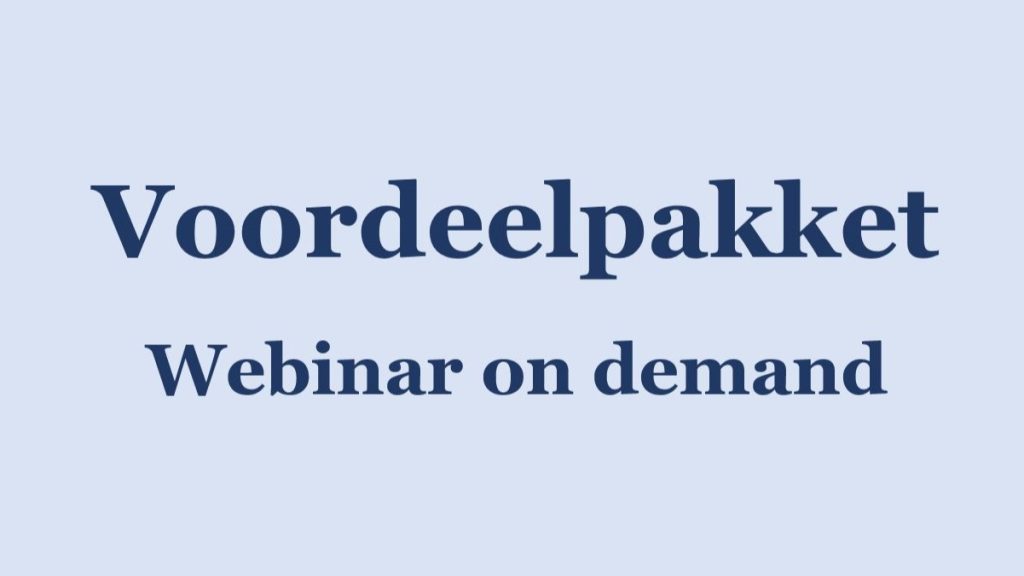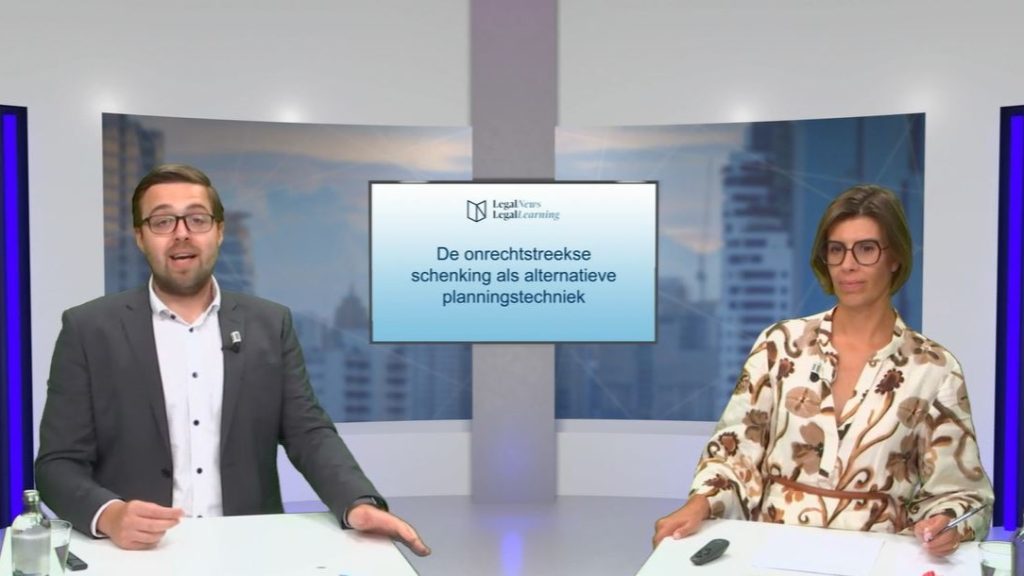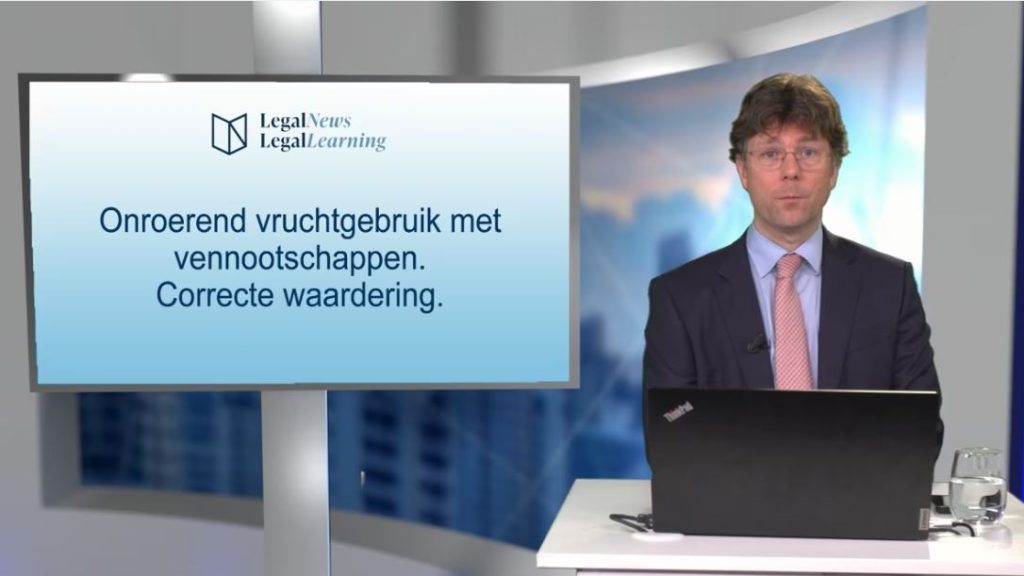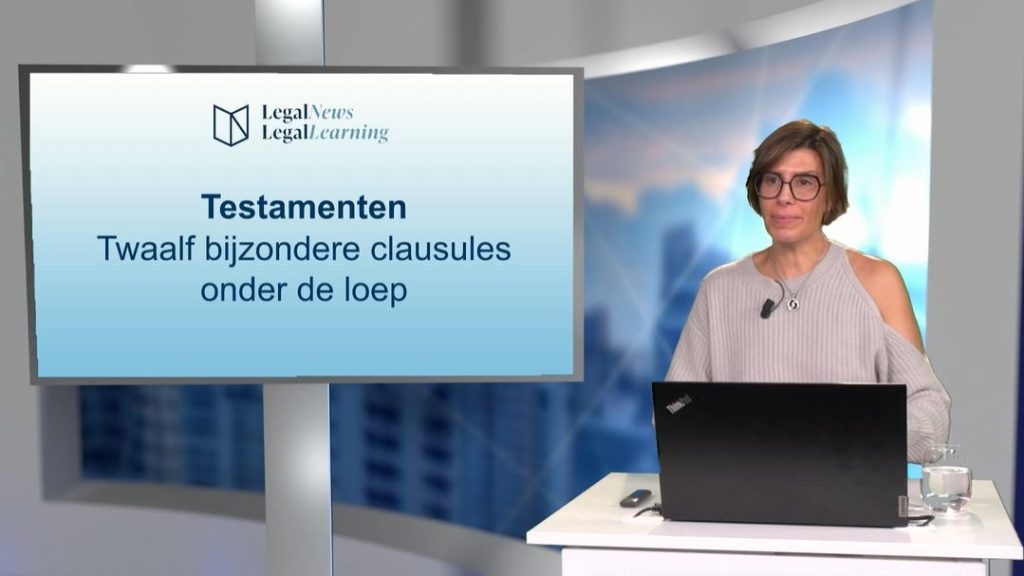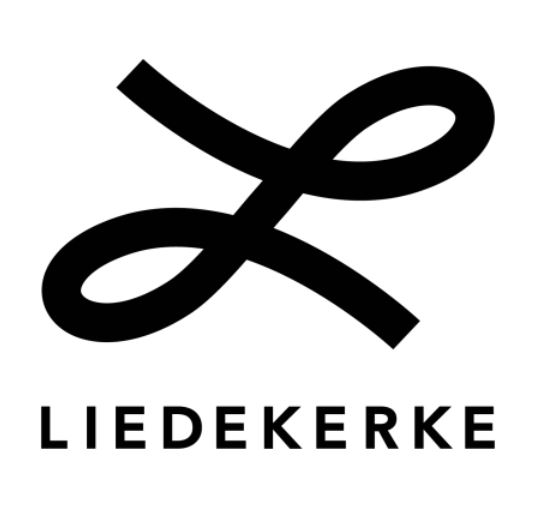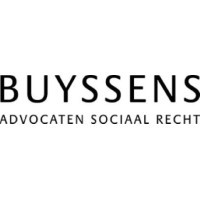Vereffening-verdeling van nalatenschappen:
16 probleemstellingen
Mr. Nathalie Labeeuw (Cazimir)
Webinar op vrijdag 26 april 2024
Consumentenbescherming bij de verwerving
van financiële diensten: de laatste ontwikkelingen (optioneel met handboek)
Prof. dr. Reinhard Steennot (UGent)
Webinar op donderdag 30 mei 2024
Woninghuur in Vlaanderen en Brussel:
het antwoord op 25 praktijkvragen
Mr. Ulrike Beuselinck en mr. Koen De Puydt (Seeds of Law)
Webinar op dinsdag 27 augustus 2024
Further implementation of the market abuse regime into Belgian law (White & Case)
Authors: Nathalie Colin and Alexandre Hublet (White & Case)
Date of publication: 21/08/2017
On 11 August 2017, Belgium published a new bill to further implement the market abuse regime into Belgian law. The bill, which introduces a whistle-blowing regime,1 adapts the criminal regime applicable to market abuse,2 and authorizes the FSMA to perform domicile searches under the supervision of an investigating judge (juge d’instruction / onderzoeksrecher).
Previously, in preparation for the entry into force of the Market Abuse Regulation3 (“MAR“) on 3 July 2016, the Belgian legislature enacted the law of 27 June 2016. The law of 31 July 2017 (the “Law“) is intended to implement remaining aspects of the European market abuse regime by amending the law of 2 August 2002 on the supervision of the financial sector and on financial services (the “Law of 2 August 2002“), by transposing the criminal sanctions regime provided in Directive 2014/57/EU (“MAD“). The Belgian legislature additionally used this opportunity to implement some provisions of MiFID II4, UCITS V5 and the insurance distribution directive6 (“IDD“).
In this alert, we will discuss the key changes that the Law brings into force.
Whistle-blowing
Purpose and scope
The Law instructs the Belgian regulator, the FSMA, to implement a procedure for receiving information from whistle-blowers, as required by the MAR, MiFID 2, UCITS V and IDD, as well as PRIIPS7 and Regulation 2015/2365 on the transparency of securities financing transactions and of reuse. The Belgian legislature decided to go a step further and apply this regime to all the areas controlled by the FSMA under article 45 of the Law of 2 August 2002. For example, it applies to any notification of a violation of the market abuse regime or of UCIT, as well as any violation of AIFMD8.
Under this regime, an individual communicating information in good faith to the FSMA about a (potential) violation of the controlled norms is protected from any civil, criminal or disciplinary action or any professional sanctions. This individual is also not considered to have violated any legal or contractual duty of confidentiality.
It is worth noting that only communications made to the FSMA are protected, which means that a whistle-blower who also communicates to the press is not protected.
This protection also does not apply to lawyers for information obtained about a client during analysis of the client’s legal situation, or when representing a client in a proceeding. Lawyers remain bound by the duty of professional secrecy regarding information obtained from a client9.
The FSMA should ensure that the identity of the whistle-blower remains confidential.
The government may decide, by Royal Decree, to confer financial incentives for whistle-blowers.
Specific worker protections
In addition to the general protection explained above, the Belgian legislature (in order to transpose the requirements of MAR, MiFID II, UCTIS and IDD) added specific protections for ‘workers’ inspired by the regime applicable to complaints of discrimination10 or harassment11. This worker protection regime applies to employees, public officers and self-employed workers. The protection also applies after the termination of the professional relationship (for example, if the employer refuses to provide a recommendation letter or to extend a contract with fixed duration because of the whistle-blowing).
As a matter of principle, workers who are, in good faith, whistle-blowers, are protected from reprisals, discrimination or any other prejudicial treatment. More specifically, regarding professional protection, the legislature has provided a presumption and an indemnification process in case of breach.
First, if the worker complains of being treated unfairly after the whistle-blowing, it is up to the employer to demonstrate that the treatment is not a consequence of or linked to the whistle-blowing. This presumption applies for 12 months following the whistle-blowing or, if the treatment is challenged within the same period, until a final decision is reached by a court. As whistle-blowing should in principle be confidential, this presumption applies if it can reasonably be inferred that the employer knew or presumed that the worker in question was the whistle-blower.
Secondly, if the whistle-blower is fired, or his/her role is unilaterally changed, the worker can ask to be reinstalled in his/her previous employment conditions. Otherwise, the whistle-blower may receive compensation, amounting to the actual loss or an amount equal to 6 months of remuneration.
This protection mechanism also applies to the worker who is designated as perpetrator, without prejudice to the possibility of sanctions or measures if the worker effectively acted illegally. The only difference is that the designated perpetrator can only receive the actual loss as compensation.
Internal procedures
Financial institutions12 should also put in place internal procedures for whistle-blowing. This provision will enter into force when MiFID II enters into force on 3 January 2018.
As for whistle-blowing, the Belgian legislature decided that such procedure should be transversal, therefore applying to every notification of an infringement to the regulatory framework controlled by the FSMA. The Law is silent on whether these whistle-blowers enjoy the same protections as those who communicate to the FSMA.
Sanctions regime
Criminal sanctions
The Law has introduced several important changes into the Law of 2 August 2002 on the criminal sanctions regime:
- the definitions of “insider trading”, “illegal communication of inside information” and “market manipulation” have been adapted to comply with MAD/MAR:
- insider trading: (i) proving (possible) knowledge of the privileged character of the information is no longer required for persons such as directors or persons with access to the information because of their profession, but remains required for all non-designated persons, such as natural persons involved in the transaction, (ii) addition of the prohibition of cancelling or modifying an order on the financial instrument based upon inside information (or making a related recommendation), and (iii) addition of the prohibition of using or passing along a recommendation, if the person knows or should have known that it is based on inside information;
- illegal communication of inside information: the Belgian legislature has decided not to provide a specific article on illegal communication of inside information, which remains defined in article 40 of the Law of 2 August 2002, together with insider dealing;
- market manipulation: (i) no longer a need of fraudulent means, (ii) prohibition of not only a transaction or an order; but any other activity or behaviour manipulating the markets, and (iii) deletion of the criminal prohibition of executing transactions, placing orders, or spreading information that artificially or abnormally influences market activity, the volume of transactions or the level of a benchmark;
- the Belgian legislature decided to mirror the definitions of criminal offenses with terms used in MAR to avoid introducing larger criminal prohibitions than what MAR provides.
- market manipulation, illegal communication of inside information and insider trading only require “dol general/algemeen opzet” (i.e., intent by the offender);13
- exceptions to criminal sanctions are introduced to mirror the exceptions provided in MAR;14
- the territorial scope of application of Belgian law for market abuse now reverts to the general rules of criminal procedure. As a consequence, a Belgian court can, for instance, be seized by a market abuse if one of the elements of the offence is committed in Belgium, or if the perpetrator’s main residence is in Belgium;15
- the material scope of the criminal sanctions regime is extended to mirror the scope of the MAR (e.g., application to all MTFs, to OTFS or to emissions allowances markets);
- the maximum prison time for market manipulation increases from two to four years, for illegal communication of inside information from one to two years, and for insider dealing from one to four years. To mirror the regime applicable for insider trading, the perpetrator of a market manipulation can also be sentenced to pay a sum equal to triple the benefit made by the market manipulation;
- attempts to commit any type of market abuse are now criminally sanctioned (previously, only attempts at insider trading and market manipulation were).
Administrative sanctions for natural persons committing market abuses on behalf of a legal person
The law of 17 June 2016 has already adapted the levels of administrative sanctions to MAR.
The Law introduces a new provision to expressly state that, if a legal person is administratively sanctioned for (i) insider dealing, (ii) market manipulation or (iii) illegal disclosure of inside information, the FSMA can also fine the natural personal who committed the offence on behalf of the legal person, or who took part in the decision process.
Non bis in idem
Until the Law, if the same person was administratively and criminally charged for the same market abuse, the amount of any administrative fine was deducted from the criminal fine imposed.
In order to be in line with recent case law from the European Court of Human Rights, this provision has been repealed. As a consequence, either an administrative or a criminal sanction can be imposed, but not both. The FSMA and the prosecutors (“Collèges des Procureurs généraux“/”College van Procureursgeneraal“) can conclude an agreement to share the work for infringements for which both administrative and criminal sanctions are possible. Such agreement must be published in the Belgian State Gazette.
Professional interdictions
The legislature also uses this opportunity to repeal the automatic professional interdiction provided in article 20 of the banking law16in the case of administrative sanctions for, among other things, (i) violation of the banking law, (ii) AML or (iii) market abuse. The Council of State had raised concerns over the constitutionality of the remaining automatic sanctions. It is now up to the criminal judge to decide to impose or not the professional interdiction.
Investigative powers of the FSMA
Under the previous regime, the auditor of the FSMA could, in urgent situations, provisionally17 seize, except from a private home, funds, values, titles or rights owned by the person being investigated that are the object of the violation, have been used in it, or are the result of such violation. The auditor can also seize these assets with the authorization of an investigating judge. The Law introduces several changes to this regime:
- seizures cannot take place in a domicile, which extends the protection to legal persons;
- documents and data useful to discover the truth can also be seized;
- possibility to copy electronic data when the hardware is not seized.
In addition, the auditor can now ask an investigating judge for a search of the domicile (of either a natural or legal person) to seize documents, data, funds, values and stocks. The search will be performed by the investigating judge, in the presence of the auditor.
1 Directive 2015/2392/EU.
2 Said adaptation has been accomplished by implementing directive 2014/57/EU.
3 Regulation 594/2014/EU.
4 Directive 2014/65/EU.
5 Directive 2014/91/EU.
6 Directive 2016/97/EU.
7 Regulation 1286/2014 on the key information documents for packaged retail and insurance-based investment products.
8 Directive 2011/61/EU.
9 See the commentary of the Council of State (Conseil d’Etat / Raad van Staat) in that regard.
10Loi du 10 mai 2007 tendant à lutter contre la discrimination entre les femmes et les hommes / Wet van 10 mei 2007 ter bestrijding van discriminatie tussen vrouwen en mannen, Loi du 10 mai 2007 tendant à lutter contre certaines formes de discrimination / Wet van 10 mei 2007 ter bestrijding van bepaalde vormen van discriminatie and Loi du 30 juillet 1981 tendant à réprimer certaines actes inspiré par le racisme ou la xénophobie / Wet van 30 juli 1981 tot bestraffing van bepaalde door racisme en xenophobie ingegeven daden.
11Loi du 4 août 1996 relative au bienêtre des travailleurs lors de l’exécution de leur travail / Wet van 4 augustus 1996 betreffende het welzijn van de werknemers bij de uitvoering van hum werk.
12 This obligation applies to credit institutions, insurance companies, brokers, central counterparties, settlement organizations (or assimilated), portfolio management companies, management companies of collective investment undertakings, currency exchange offices, collective investment funds, companies subject to the law of 13 June 1991 on consumer credit, insurance and reinsurance intermediaries, intermediaries in banking and investment services (as described in the law of 22 March 2006 on intermediation in banking and investment services), regulated real estate companies, independent financial planners (as described in the law of 25 April 2014 on the status and control of independent financial planners), lenders and credit intermediaries (as described in book VII, title 4, chapter 4 of the Code of economic law, and alternative financing platforms (as described in title II of the law of 18 December 2016 recognizing and supervising crowdfunding)).
13 Under the previous regime, market manipulation required a ‘fraudulent intent’.
14 For example, the general exceptions for buy-back programmes, stabilisation measures (article 5 of MAR) or monetary politics (article 6 of MAR) or in case of (i) market manipulation, persons demonstrating that it is a legitimate behaviour complying with an admitted market practice (articles 12 and 13 of MAR), (ii) insider dealing, insiders acting under a legitimate behaviour (article 9 of MAR and (iii) illegal disclosure of inside information, persons performing a market soundings (article 11 of MAR).
15 Under the previous regime, article 39(2) and 40(4) of the Law of 2 August 2002 provided for a specific territorial application (i) financial instruments admitted on a Belgian regulated or alternative market (without consideration for the place where the acts are committed), (ii) financial instruments admitted on a foreign regulated or alternative market, when the acts are committed in Belgium or (iii) financial instruments whose value depends from financial instruments defined in (i) or (ii) or that concern the issuer or a company linked to the issuer.
16Loi du 25 avril 2014 relative au statut et au contrôle des établissements de crédit et des sociétés de bourse/Wet van 25 april 2014 op het statuut van en het toezicht op kredietinstellingen en beursvennootschappen.
17 For a maximum of 48 hours.
» Bekijk alle artikels: Successie & Vermogen





